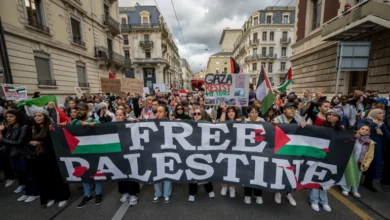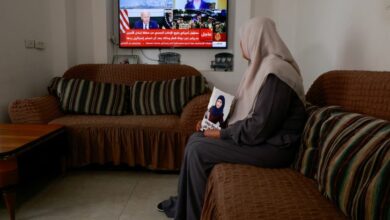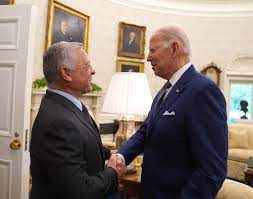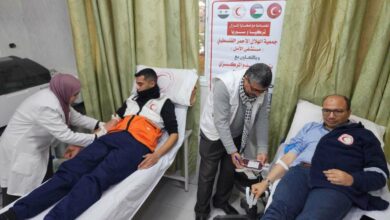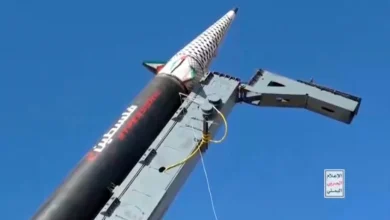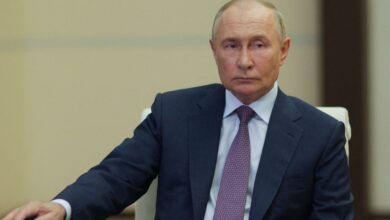West trying to put pressure on Russia from Moldova
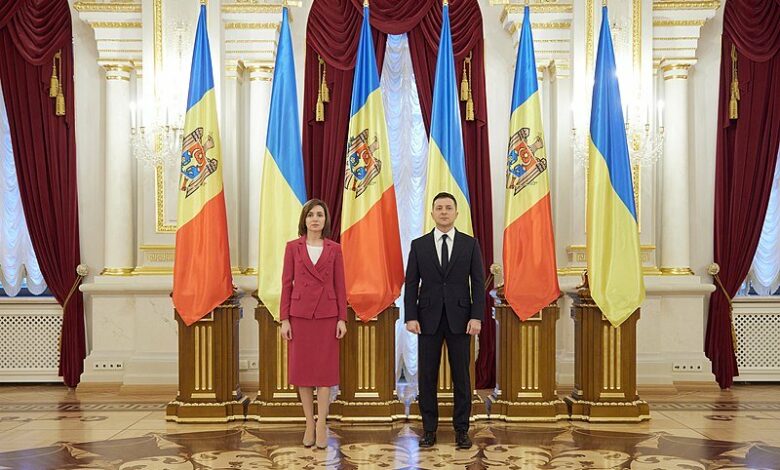
Western countries are still looking for an outlet for them to put pressure on Russia and for loopholes to influence the course of the battles in Ukraine, regardless of what will result in creating crises and problems in the world through these actions.
And with the failure of many of the plans that it drew over the course of more than a year to weaken the Russian progress and occupation of the Kremlin, Western countries tended to revive the strife and problems that had been dormant for years, taking advantage of the overlap in the societies that followed the countries of the former Soviet Union.
According to Western media information, the work is taking place today on the areas located on the Ukrainian border with Moldova, where the majority of Russians reside. The country is considered separatist areas and a military crisis erupted, Russia mediated in it diplomatically and politically, and the crisis ended on time.
Western countries have benefited from the ultra-nationalist tendencies of the President of Moldova, Maya Sandu, who calls for extremism, which is similar to the tendencies of the Ukrainian leadership and parallels it in achieving the interests of the West with the aim of flattery and getting closer to it without regard to the consequences.
With the outbreak of the crisis in Ukraine, the Western powers began to look for loopholes to disperse the Russian advance, especially with the announcement of the new strategy in the Kremlin, and began, in cooperation with the ruling regime with a nationalist orientation, to recreate the scenario of the crisis again in the hope that Russia would intervene to defend its subjects and disperse its forces on several fronts to weaken it in Ukraine.
According to the information, the Ukrainian authorities have declared their readiness to feed and awaken new strife, regardless of the catastrophic consequences that will result in thousands of casualties, in addition to the weapons that the West will use, in which it has recently supplied the Ukrainian forces, which are internationally banned weapons, that will strike deep into the wheat-producing agricultural lands and increase the global food crisis that erupted with the conflict in Ukraine.
The food crisis has affected Arab countries in the first place, especially in Egypt, and several Arab countries will be affected in the future, with the scarcity of wheat and the rise in its prices many times currently.
And the rise in the prices of this main material for the Arab citizen will undoubtedly be reflected in the security situation in those countries, which have to work to exploit their neutral position in the crisis afflicting the European continent and Western countries, and to intervene in mediation to prevent tension and stop the war.
